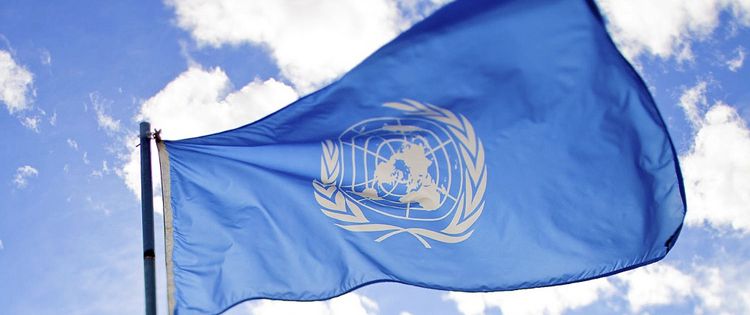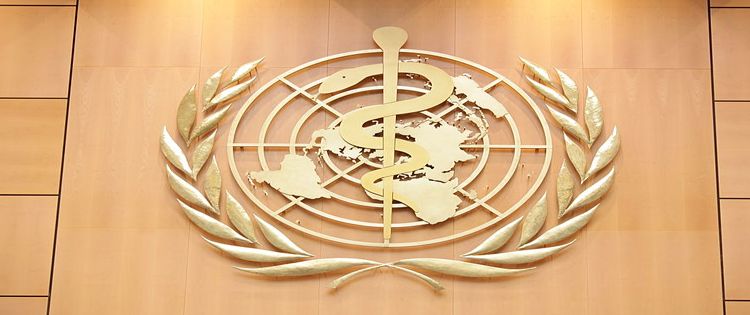Just recently, the U.S. government invited the public to give their input regarding marijuana. This is in response to the United Nation’s call on the issue regarding its recategorization under the organization’s international drug control treaties.
The U.S. is a member of the organization and has given their approval on those treaties that determined the classification of marijuana.
As of the moment, both global and U.S. laws classify cannabis in the Schedule I category. This restrictive categorization states that marijuana is illegal because it has higher potential to be abused, has no medicinal use, and is viewed to cause severe health concerns.

This means that domestically in the U.S., cannabis is highly not recommended for formal prescriptions. This also restricts scientists and researchers to study cannabis for its potency and usefulness.
On the other hand, countries who are members of the United Nations have signed an agreement that they are supposedly not allowed to legalize marijuana.
But this might be changing soon.
The World Health Organization, a specialized agency under U.N., is about to launch the review on the current global categorization of Cannabidiol (CBD), Tetrahydrocannabinol (THC), and other compounds related to cannabis and they want to hear the opinion of the public.
This prompted the U.S. Food and Drug Administration to ask “interested individuals” to share their opinion on the matter.
The department will tap U.S. citizens on their informative take on the country’s position on the topic before it gives their response to the W.H.O.
In their Federal Register notice, the FDA wrote that they would specifically invite the opinions of the people on the topics regarding “the potential abuse, actual abuse, medical usefulness, trafficking and impact of scheduling changes on availability for medical use of marijuana and its compounds”.

The expert committee on drugs and illegal substances commissioned by the World Health Organization will gather in June this year to meet and discuss the categorization of marijuana. This committee will also make pre-review suggestions to the Secretary-General of the U.N.
Following the process, the Schedule I categorization of cannabis could be modified depending on the conclusions of the meeting.
Supporters of the marijuana advocacy movements from the U.S. believe that this could be the momentum they are waiting for.
If the decision favors them, the state and federal laws regarding the legalization of marijuana would have the chance to be passed much faster.
In 2017, the W.H.O.’s Drug Committee pre-reviewed cannabidiol. Commonly known as CBD, it’s a highly therapeutic non-psychoactive compound found in cannabis.

This pre-review done by W.H.O. last year reported that CBD demonstrated its potency in effectively treating epilepsy and seizures in several clinical tests.
The committee also added that there is not a single evidence of any health-related complication that is associated with the consumption of pure CBD.
In fact, cannabis has never been tried for formal analysis before it was enacted in 1961 which categorized it as a Schedule I drug by the international agreement. Since then, according to the notes of FDA, a formal review of the substance never happened.

FDA set the deadline for the input from the public on the 23rd of April.
Last March, António Guterres, U.N.’s Secretary General gave a formal talk to the U.N. narcotics commission appealing to follow the lead of Portugal.
Guterres was the former prime minister of Portugal and was well-known for his successful drug reforms during his term.
Ironically, during the same month, U.N.’s drug enforcement body published a report that warns its member countries not to legalize cannabis.
What are your thoughts on marijuana reclassification?
Share them with us in the comments section below.
- How Commercial Cannabis Growers Can Benefit from Using a Software - May 17, 2019
- Understanding CBD Interactions and Why CBD and Your Brain Can Be Best Friends - January 4, 2019
- The Difference Between Using THC and CBD - December 19, 2018


